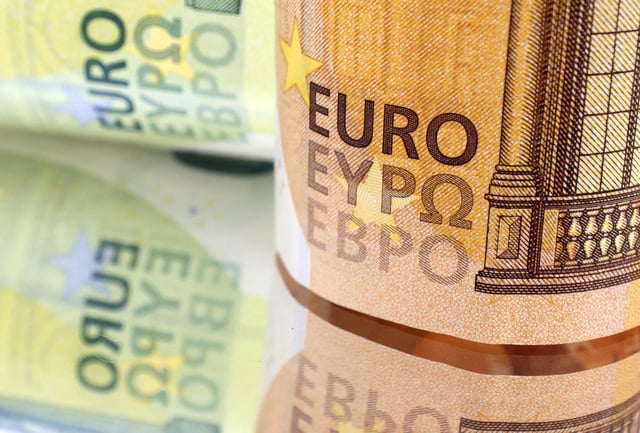Overview
- The European Commission found Bulgaria meets all convergence criteria—low inflation at 2.8%, a deficit under 3% of GDP, public debt at 24.1% of GDP and a stable lev-euro peg.
- The European Central Bank endorsed the move and noted that accession will grant Bulgaria a seat on its Governing Council, giving it a voice in monetary policy.
- EU finance ministers will fix the conversion rate for the lev and hold a vote on accession in July before the planned January 1, 2026 currency switch.
- The Bulgarian government has launched a public outreach campaign to address fears of price increases and loss of monetary sovereignty as roughly half of citizens oppose the change.
- Adopting the euro is expected to lower borrowing costs, streamline cross-border trade, attract foreign investment and further integrate Bulgaria into EU structures.



